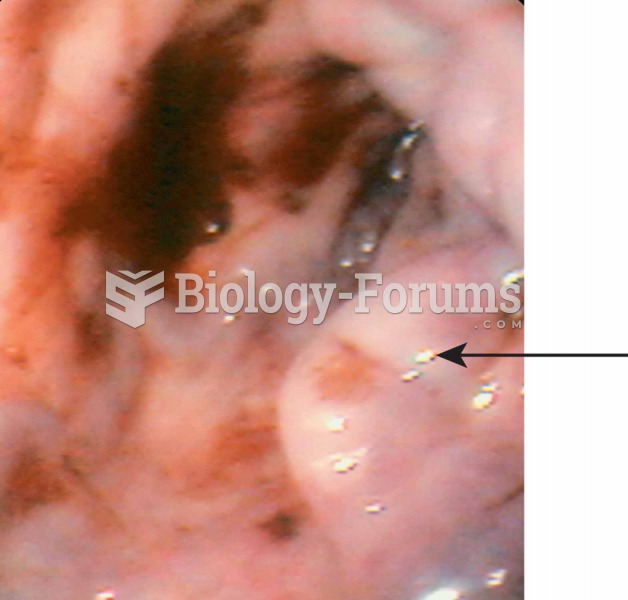|
|
|
Symptoms of kidney problems include a loss of appetite, back pain (which may be sudden and intense), chills, abdominal pain, fluid retention, nausea, the urge to urinate, vomiting, and fever.
The human body's pharmacokinetics are quite varied. Our hair holds onto drugs longer than our urine, blood, or saliva. For example, alcohol can be detected in the hair for up to 90 days after it was consumed. The same is true for marijuana, cocaine, ecstasy, heroin, methamphetamine, and nicotine.
After a vasectomy, it takes about 12 ejaculations to clear out sperm that were already beyond the blocked area.
People with high total cholesterol have about two times the risk for heart disease as people with ideal levels.
By definition, when a medication is administered intravenously, its bioavailability is 100%.







